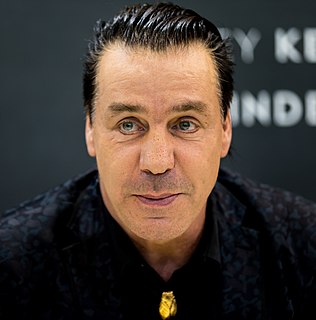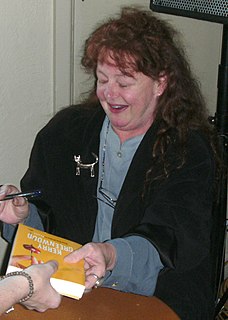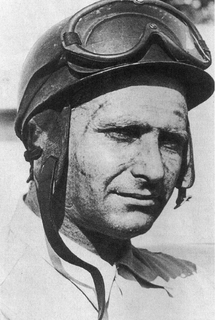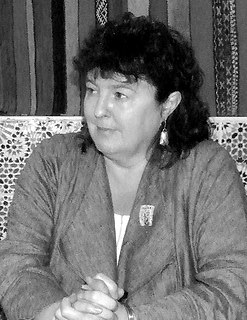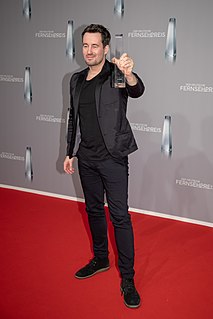A Quote by Dieter F. Uchtdorf
When I turned 11, we had to leave East Germany overnight because of the political orientation of my father. Now I was going to school in West Germany, which was American-occupied at that time. There in school, all children were required to learn English and not Russian. To learn Russian had been difficult, but English was impossible for me.
Related Quotes
I'd studied English literature and American history, but the English literature, which I thought was going to be helpful to me in an immediate way, was the opposite. So I had to un-think a lot of things and move out of my own head, and I learned a lot. It was like graduate school, but an un-graduate school or an un-school.
[Mikhail] Gorbachev said that he would agree to the unification of Germany, and even adherence of Germany to NATO, which was quite a concession, if NATO didn't move to East Germany. And [George] Bush and [James] Baker promised verbally, that's critical, verbally that NATO would not expand "one inch to the east," which meant East Germany. Nobody was talking about anything farther at the time. They would not expand one inch to the east. Now that was a verbal promise. It was never written. NATO immediately expanded to East Germany.
I grew up in a bookless house - my parents didn't read poetry, so if I hadn't had the chance to experience it at school I'd never have experienced it. But I loved English, and I was very lucky in that I had inspirational English teachers, Miss Scriven and Mr. Walker, and they liked us to learn poems by heart, which I found I loved doing.
In 1995, I went to Berlin to acting school, which was in East Berlin. And I decided to live in the east, because I thought if I go to West Berlin, I might as well stay in Stuttgart in the West because I know all the signs, and the way we deal with each other, and I wanted to get to know the other part of Germany and how they lived and what their history was and their biography. In that period of time, I learned a lot, and it helped me a lot.
I changed my major to English literature, which was on the advice of my father. I finally said, "You know, Dad, to heck with it: I'm just going to be an actor. But I'm going to go to school." And he said, "Well, if you're going to go to school, then major in English literature. Those are the tools you are going to be working with as a man who's going to be acting in English, one would assume."

